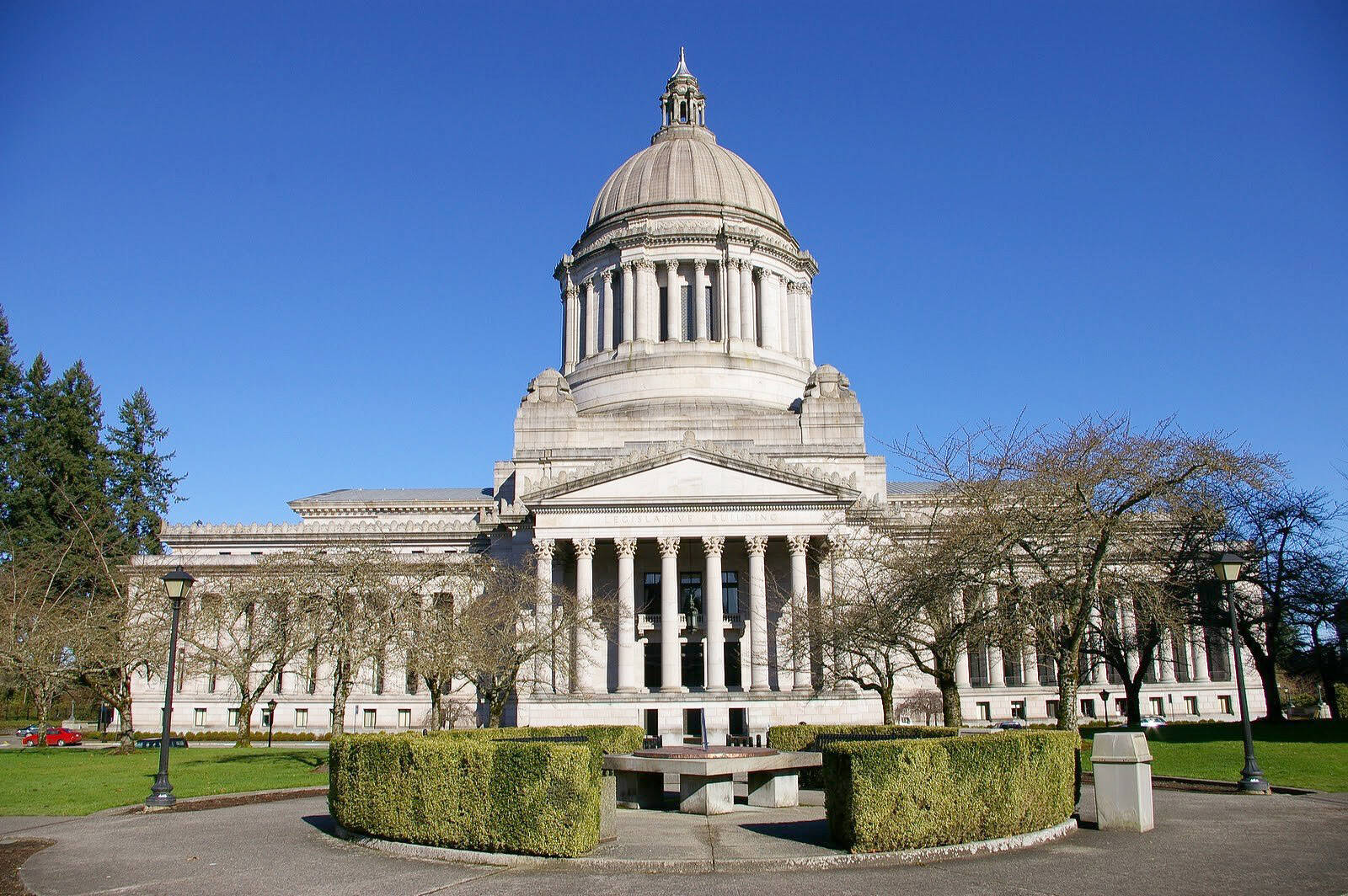OLYMPIA — A state revenue forecast released March 20 gives Democratic budget writers in the House and Senate less money to spend than anticipated.
Washington’s economy is expected to generate $65.7 billion for the 2023-25 budget cycle beginning July 1. That is $483 million less than chief economist Steve Lerch projected in November but still $1.6 billion more than is expected to flow into coffers for the current budget.
Democratic budget writers in the Senate and House will use the new forecast figure to put the finishing touches on their respective operating budget proposals. The Senate plan was due out March 23 with the House plan coming early next week.
“This news makes us cautious but doesn’t really change our game plan,” said Sen. Christine Rolfes, D-Bainbridge Island, who as chair of the Senate Ways and Means Committee is the chamber’s lead budget writer. “(We’ve) spent the last few days readjusting our budget to reflect this news. I think we’re in OK shape.”
With ample sums available for day-to-day operations and reserves, Republicans said March 20 it is no time for higher taxes or spendy new initiatives.
“We’re still in a sound budget position. I think it is clear that we don’t need to raise new taxes,” said Sen. Lynda Wilson, R-Vancouver, the ranking Republican on the Senate budget committee. “It would be a very good idea to take a more cautious approach in the next budget.”
Lerch, in his presentation to the Economic and Revenue Forecast Council, attributed the lower revenue projection to a decline in residential construction, slower growth in personal income and continuing high inflation. Real estate excise tax collections alone are 42% below February 2022 levels, he said.
In addition, recent bank failures and another likely hike in the federal interest rates are contributing factors, though the extent of which is still uncertain.
The forecast does not include a big sum of money raised from the auction of carbon allowances under the state’s new cap-and-trade program. The first sale earlier this month netted roughly $300 million.
Gov. Jay Inslee, in his proposed budget released in December, assumed auctions will generate $1.7 billion for use in the state’s next operating, transportation and capital budgets.
Meanwhile, Senate Democrats released their capital budget proposal March 20. It lays out $7.9 billion in spending in the next two years of which $4.7 billion is covered under the state bonding cap. The remaining money are federal funds, special accounts not tied to the bonding limit and a $319 million share of the cap-and-trade auction proceeds under the Climate Commitment Act.
One of the big ticket items is $625 million for affordable housing of which $400 million is earmarked for grants and loans through the Housing Trust Fund. There’s also $650 million to the Department of Social and Health Services for construction a new 350-bed forensic hospital at Western State Hospital.
Plenty of local projects are in line for financial help too.
Compass Health, for example, would receive $18.7 million towards its Broadway Campus Redevelopment. There’s nearly $1.4 million for renovating the Edmonds Boys and Girls Club, $675,000 for the Lake Stevens food bank building and $7.4 million for use by the city of Everett in building a new ballpark for the AquaSox.
The Senate Ways and Means Committee is expected to approve the proposal March 22. The Senate could vote on the budget bill as soon as March 24.
Talk to us
Please share your story tips by emailing editor@kentreporter.com.
To share your opinion for publication, submit a letter through our website https://www.kentreporter.com/submit-letter/. Include your name, address and daytime phone number. (We’ll only publish your name and hometown.) Please keep letters to 300 words or less.

